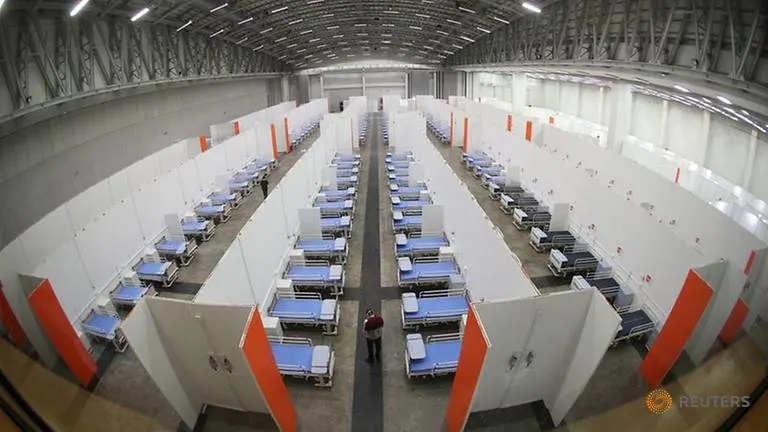
FILE PHOTO: A traveller walks at the Tegel airport, as the spread of COVID-19 continues, in Berlin, on Jul 29, 2020.
BERLIN: Germany will force people returning from three Spanish regions, including Catalonia, home to Barcelona, to go into quarantine or take a coronavirus test, in the latest blow to Europe’s travel industry after months of lockdown.
With virus numbers ticking up in Germany, fears have grown that tourists returning from destinations experiencing a surge in new cases, like Spain, could sow the seeds of a second wave.
Germany reported 870 more confirmed coronavirus cases on Friday (Jul 31), bringing the total number to 208,698 while 9,141 deaths have been recorded.
The Robert Koch Institute put Catalonia, Aragon, and Navarre in northern Spain on its list of places designated high-risk for coronavirus on Friday.
People returning from high-risk areas must go into quarantine for two weeks unless they can present a negative coronavirus test not older than 48 hours or are willing to take a test at an airport.
From next week, Germany plans to make coronavirus tests mandatory at airports for all returning holidaymakers from high-risk areas in order to slow the spread of infections.
The decision comes after Britain reimposed a 14-day quarantine period on people arriving from Spain and could deal a further blow to Spain’s economy, which depends on tourism for 12.3 per cent of its economic output.
Last week, Norway said it would re-impose a 10-day quarantine requirement for people arriving from Spain, while France advised people not to travel to Spain’s northeastern region of Catalonia.

